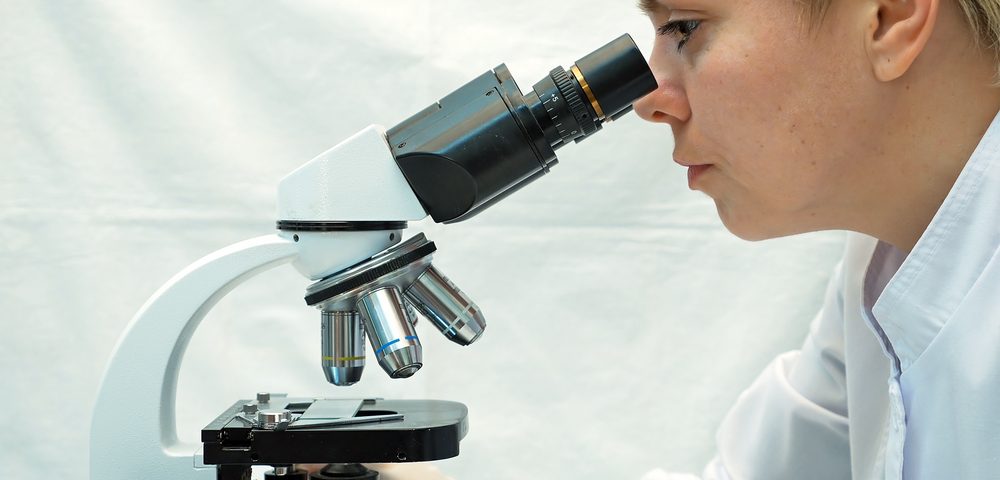A new artificial intelligence (AI) algorithm has been developed that can accurately detect and grade prostate cancer, using slide images from patient core needle prostate biopsies, a study reports.
The study, “An artificial intelligence algorithm for prostate cancer diagnosis in whole slide images of core needle biopsies: a blinded clinical validation and deployment study,” was published in The Lancet Digital Health.
Analysis of tissue collected during a prostate biopsy is currently the mainstay diagnostic test for prostate cancer. However, an increase in prostate cancer incidence and demand for these diagnostic tests, coupled with a shortage of expert pathologists, has led to the need for an AI-based system that could accurately detect prostate cancer.
Researchers from the University of Pittsburgh Medical Center (UPMC), in collaboration with colleagues, have now developed and validated a new AI-based algorithm designed to recognize prostate cancer using tissue slides with patient core needle biopsies (CNBs).
They started by “training” the AI algorithm to recognize signs of prostate cancer, using a total of 1,357,480 images, taken from 549 tissue slides. Each slide had been stained with a combination of hematoxylin, which labels cells’ nuclei in blue, and eosin, which labels the cells’ cytoplasm and extracellular matrix in pink.
Nuclei are the small cell compartments where a cell’s genetic information is stored, while the cytoplasm includes all material found inside cells; the extracellular matrix is the external network that surrounds and supports cells.
After training the algorithm to distinguish abnormal from healthy tissue, the investigators tested its accuracy at detecting signs of prostate cancer in an internal data set composed of 2,501 stained tissue slides taken from 210 patients.
The AI algorithm successfully distinguished healthy from cancerous tissue with a sensitivity of 99.6% and a specificity of 90.1%. For reference, sensitivity is a test’s ability to identify true positives, while specificity refers to its ability to detect true negatives.
The AI algorithm was then put to the test on a separate external data set made up of 1,627 stained tissue slides from 100 patients with suspected prostate cancer who were being followed at UPMC.
In this second test, the algorithm was able to distinguish cancerous from healthy prostate tissue with a sensitivity of 98.46% and a specificity of 97.33%.
The AI algorithm was able to distinguish early from more advanced tumors (different Gleason scores, or grades), as well as cancers that had already spread to nearby nerves from those that had not, with high sensitivity and specificity.
“These data suggest that this AI-based algorithm could be used as a tool to automate screening of prostate CNBs for primary diagnosis, assess signed-out cases for quality control purposes, and standardise reporting to improve patient management,” the researchers wrote.
In general, the number of prostate cancer-positive cases detected by the AI algorithm closely matched those reported by expert pathologists after analyzing the same tissue samples. However, there were six cases identified as positive by the algorithm that were missed by pathologists.
“Algorithms like this are especially useful in lesions that are atypical,” Rajiv Dhir, MD, chief pathologist and vice chair of pathology at UPMC Shadyside and senior author of the study, said in a press release.
“A nonspecialized person may not be able to make the correct assessment. That’s a major advantage of this kind of system,” said Dhir, who is also a professor of biomedical informatics at the University of Pittsburgh.
Although similar technologies may likely be used to detect other types of cancer, such as breast cancer, Dhir noted that new AI algorithms will always have to be adapted and “trained” to identify specific traits of these malignancies beforehand.
This study was funded by Ibex Medical Analytics, the same company that currently holds the commercial rights of Galen Prostate, a product based on the prostate algorithm tested in the study.

